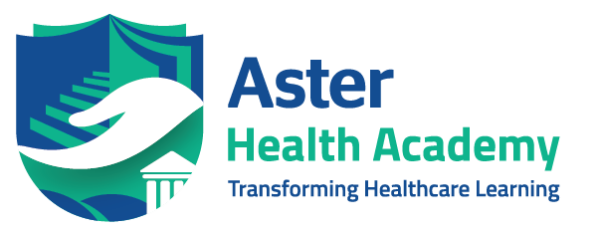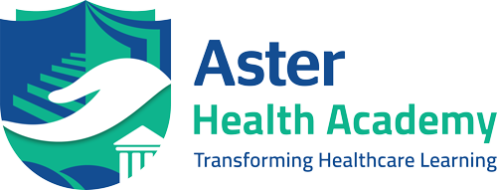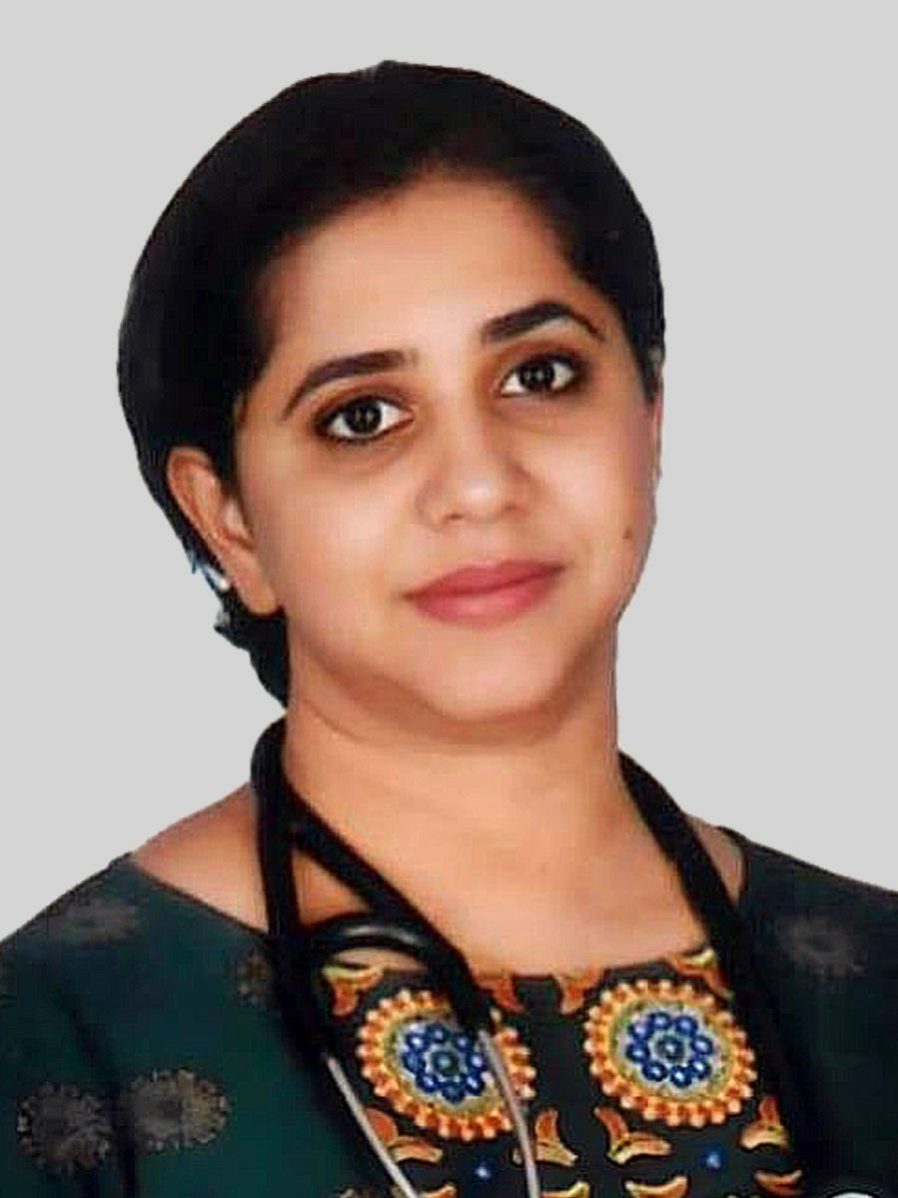
About the course:
Curriculum:
Module 1: Atherosclerotic Cardiovascular Disease- STEMI & NSTEMI
Module 2: Atherosclerotic Cardiovascular Disease- Stable IHDs & Vascular Diseases
Module 3: Percutaneous Coronary Intervention (PCI)
Module 4: Heart Failure
Module 5: Arrhythmias
Module 6: Diseases of Pericardium
Module 7: Valvular Heart Diseases
Module 8: Infective Endocarditis and Infections of Indwelling Devices
Module 9: Diseases of Pulmonary Vasculature
Who this course is for:
Sample Certificate:
FAQ:
Academic Team
Curriculum:
Module 1: Atherosclerotic Cardiovascular Disease- STEMI & NSTEMI
Module 2: Atherosclerotic Cardiovascular Disease- Stable IHDs & Vascular Diseases
Module 3: Percutaneous Coronary Intervention (PCI)
Module 4: Heart Failure
Module 5: Arrhythmias
Module 6: Diseases of Pericardium
Module 7: Valvular Heart Diseases
Module 8: Infective Endocarditis and Infections of Indwelling Devices
Module 9: Diseases of Pulmonary Vasculature








